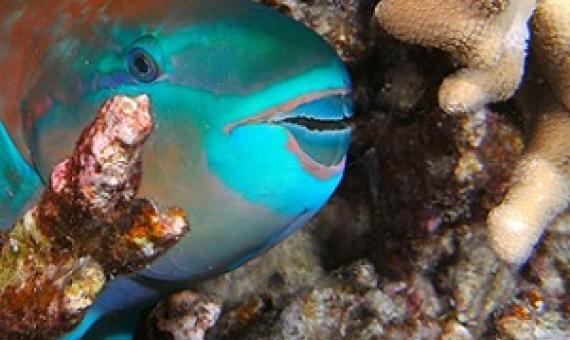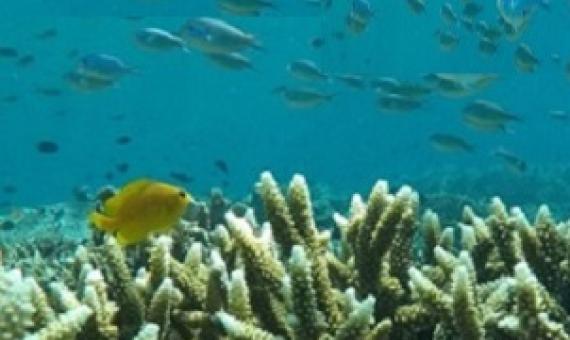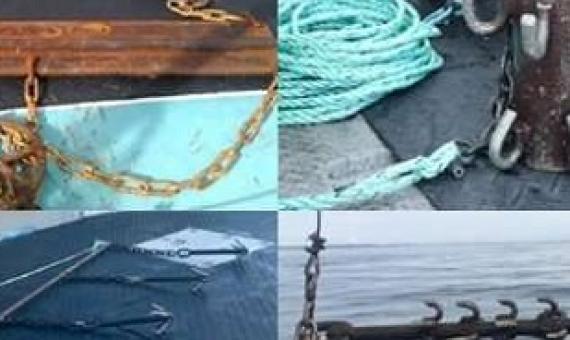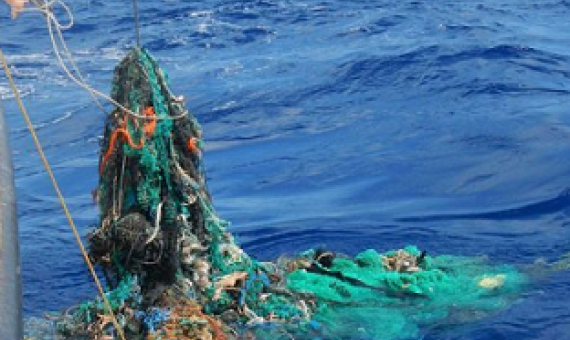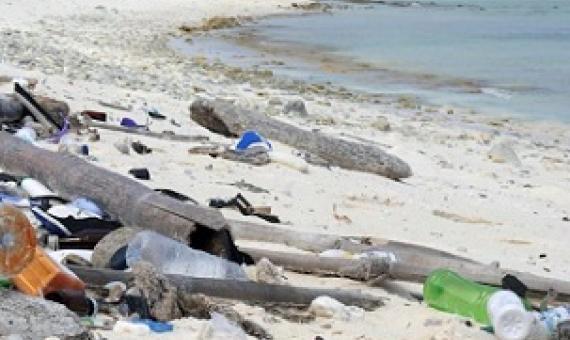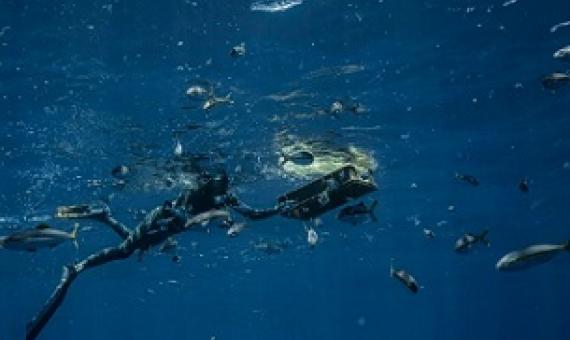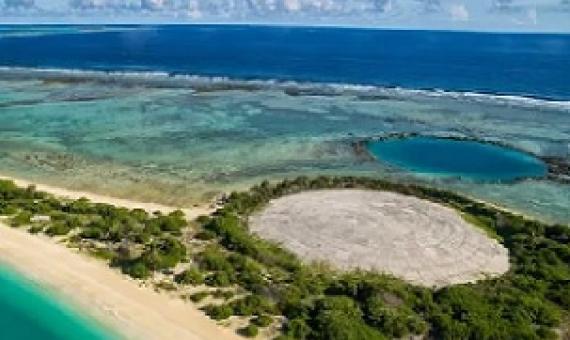Minimizing land-based and sea-based human impacts at the same time might help reefs to recover from marine heatwaves, a study has found.
In a paper published today in Nature, researchers from the California Academy of Sciences, University of São Paulo, University of Oxford, University of Exeter, and other collaborators reveal the extent of plastic pollution on coral reefs, finding that debris increases
New research has found that the design of biodegradable fishing gear needs to improve if it is to help address the environmental and economic impacts of 'ghost fishing'.
Cook Islands has made calls for “ghost gear” to be included in the Plastic Treaty as it impacts marine life and the marine food chain, and is a significant cause of marine litter.
Video - Plastic Paradise (English Version) - Long
Every year, the amount of plastic waste entering aquatic ecosystems is estimated between 9-14 million tons and this projection could nearly triple to 23-37 million tons per year by 2040. A report by the Ellen MacArthur Foundation has revealed that there are now over 150 million tonnes of plastics in the oceans. That's about one tonne of plastics for every three tonnes of fish. If the trend continues, plastics will outweigh fish in the oceans by 2050. This results in risks to human health and well-being through ingestion of seafood and fish contaminated with plastics.
Regional assessment on ecosystem-based disaster risk reduction and biodiversity in Oceania.
The Oceania region is very prone to natural disasters having experienced two Category 5 cyclones in as many years; Tropical Cyclone (TC)Pam struck Vanuatu on 13 March 2015 and TC Winston struck Fiji on 20 February 2016.Available onlineCall Number: [EL]Physical Description: 92 p
Solomon Islands national ocean policy. November 2018.
This national ocean policy aims to protect and increase the value of resources of ocean and also the inherent value of the marine ecosystems and species upon which that wealth relies on.Policy|Available onlineCall Number: [EL]Physical Description: 30 p
In seven to eight years, the Pacific will no longer be able to rely on the ocean for food security or as a source of livelihood as it does today because of plastic pollution. Experts say that by 2030, up to 53 million metric tonnes of plastic pollution will annually affect the livelihoods of
During the summer of 2019, distance swimmer Ben Lecomte planned one of his most ambitious expeditions yet, to raise awareness for a man-made problem that is already causing massive issues for marine life: plastic pollution. On his journey through the middle of the Pacific Ocean, he found lar
A new scientific report suggests that the radioactive element strontium 90 is a more significant contamination factor in the northern Marshall Islands than has been acknowledged to date by the US Department of Energy. The new study, published in the Journal of Radiation Research and Applied

